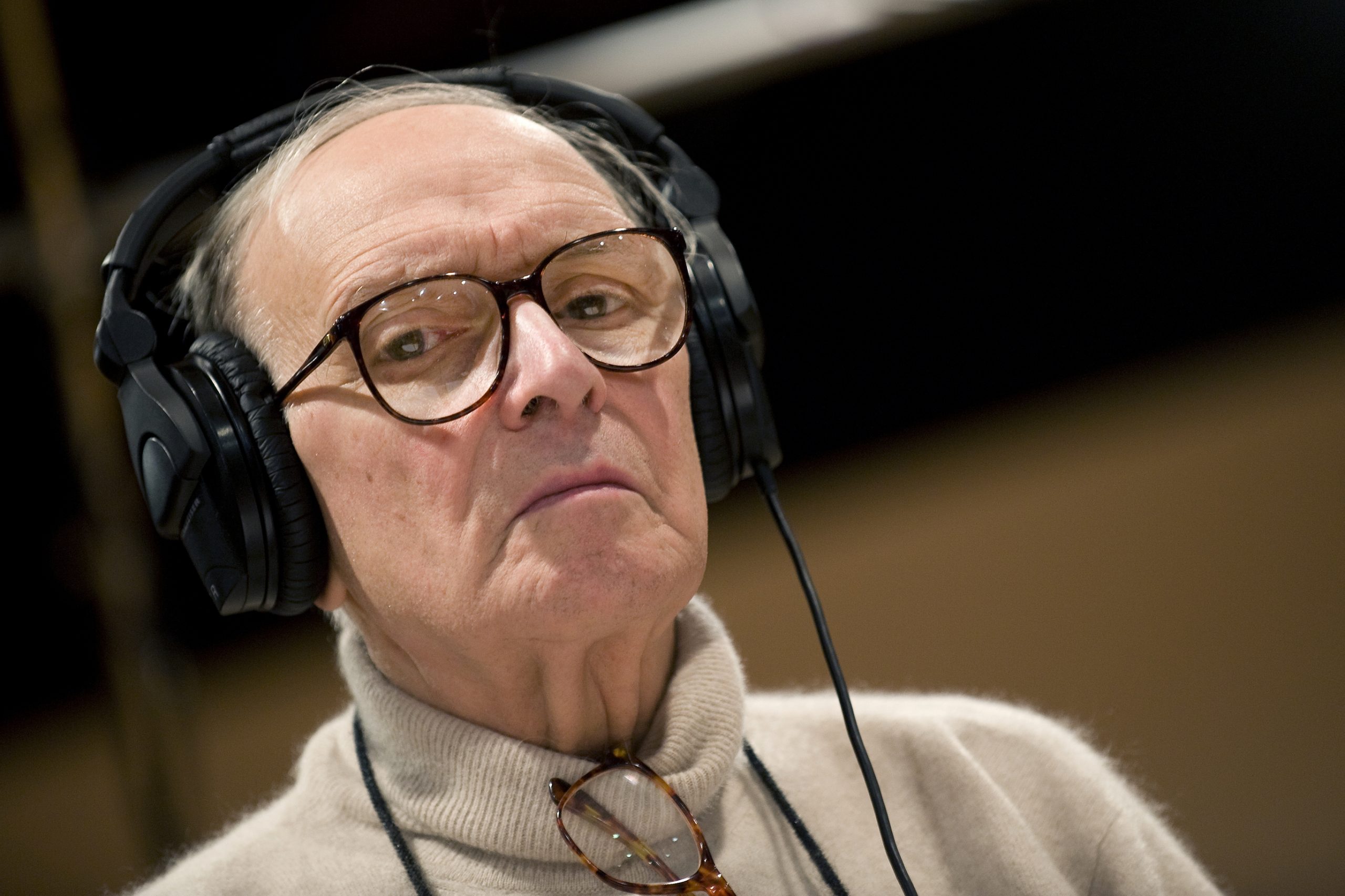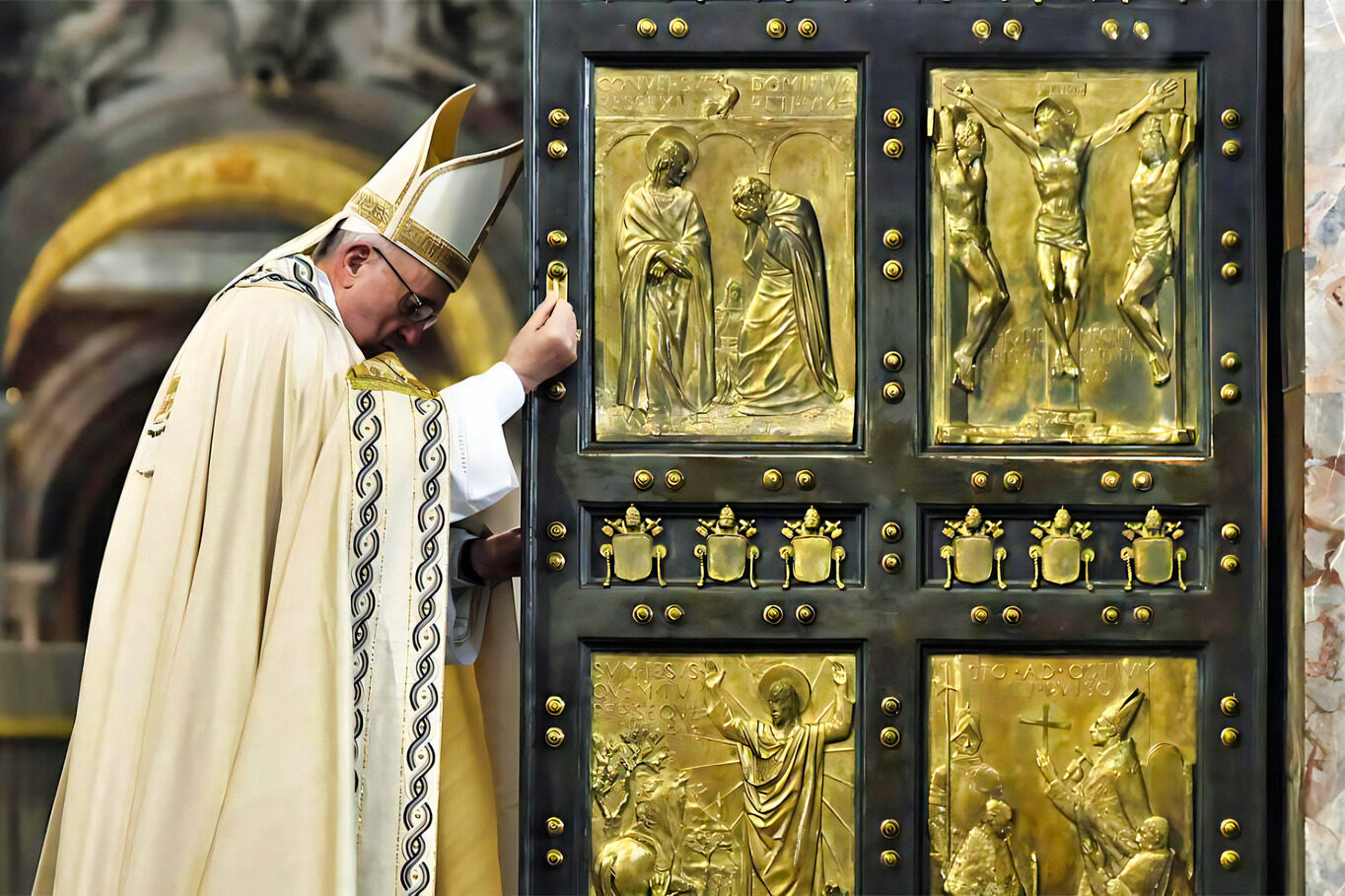When he received the Oscar, Ennio Morricone said: “I consider this prize as a point of departure, not of arrival.” Probably we should all embrace the spirit of this man, a true Italian icon, a maestro who “has been and will always be the soundtrack of a country, Italy, that conquered the world with the power of music.” These are the words of Elisabetta Alberti Casellati, the Italian Senate president, spoken this past 11th of January, when Morricone collected the Genio ed Eccellenza Italiana nel Mondo prize.
Let’s start from the end to reach his talent, his “being” creativity and symbol of the best Italy there is.
Let’s travel backward, so to speak, and begin from the last interview, the last words, the last thought for his wife, the last soundtrack, the last trip to LA. In truth, you’ll see, we’ll just come full circle, encountering at once Morricone’s origin and his legacy: the mark he left, as a man and as a musician, on music.
Italians have a very recent memory tied to Morricone. In what was to become his last interview, il maestro pondered upon coronavirus and upon the picturesque “singing on balconies and fly the flag” trend: “this whole singing from your balcony and flying the tricolor thing, personally, I find it nice on one hand, but also rather inappropriate. There’s nothing wrong with some lightheartedness, but we’ve had so many dead and we should be more respectful. I wonder what all those people think about when they sing and dance: I reckon they just think about themselves.” He was asking for more respect for all the victims.
To the Huffington Post, he told about his life during the pandemic: “We got worried about one of my children, but he’s fine now. I’m afraid of course, as everyone else, but we need to keep calm. Regardless of age, living through a pandemic brings us to spend more time at home, to discover the value of time and tranquillity, to strengthen our connection with those we love, to get to know ourselves.” Advice we should always keep in mind.
But Italians also have a musical memory of Morricone connected to the pandemic. During the lockdown guitarist Jacopo Mastrangelo, from the intimacy of his own balcony opened on an empty Piazza Navona, became part of the history of Italy’s pandemic. With a performance that reached thousands of views on social media and was shown also on the news, this talented musician gave form to Morricone’s poignant creations. That solo from Once Upon a Time in America gives you goosebumps. Go look for it on YouTube.
Because in Morricone you can sense depth, you can sense the “sacred,” you perceive what can be said without words, without images, without gestures. That’s the power of music.
In Venice, at the end of the lockdown, just in front of Canal Grande, musicians from the Conservatorio di Venezia, conducted by maestro Francesco Erle, performed an extract from Mission.The lagoon, gondolas, the elegant Beauty of music, of culture. Of Italy.
And Mission, soundtrack for the movie directed by Roland Joffé, a composition il maestro must have loved particularly, was played at his funeral: music that makes thoughts ethereal, that frees emotions. It’s been a private farewell, because Ennio didn’t “want to bother anyone.” Morricone had written his own obituary. His last message begins like this, simple, bare: “I, Ennio Morricone, have died. This is how I announce it to all my friends: those who’ve always been near me, and also those who are a tad further away, to whom I say goodbye with warm affection.” And ends saying goodbye to the people he loved the most: “Last, but not least, Maria. To her, I declare anew my love, the extraordinary love that kept us together and that it pains me to leave. My most painful farewell goes to her.”
His last words are for la Maria, 87, his greatest and only love: they had married in 1956 and they had four children. Seventy years together. The importance of family, the centrality of meaningful bonds.
The two Oscars he won were both dedicated to her. He declared it on the Walk of Fame, the last leg of his trip to LA when he received the Academy Award to honor his incredible career. A month ago, on the 5th of June, he received the prestigious Princess of Asturias Prize for the Arts: it was to be his last. He was chosen among 42 nominees coming from 21 countries and he shared it with John Williams (“unlucky” just like him: 51 Oscar nominations and “only” 5 won). The official motivation for the award stated that Morricone wrote “some of the most significant musical compositions for the seventh art, that have become part of the imaginary collective.”
And that’s when we come full circle, that’s when we come back to Morricone’s “Mission.” We’re not solely talking about the 1986 soundtrack, and not even about music as an absolute, but rather about the sense of everything we do. What he had declared to Avvenire in 201 encapsulates it all perfectly: “I think about my life. I’ve been blessed with a talent, that of music, and the opportunity to study and develop it. I have an exciting job, because composing music is an incredibly powerful creative act, you make something out of nothing, you give form to sounds that will touch people’s heart. I have always looked forward. Of course, there were hard times, too, which I overcame by having faith in my abilities. I have written for all the expressions of contemporary music: commercial, symphonic, da camera, soundtracks, arrangements and songs. When I think about my scores I realize I feel attached to them all, because all of them made me suffer, but they also made me proud, just like it happens with your children.” Not points of arrival, but points of departure.






























